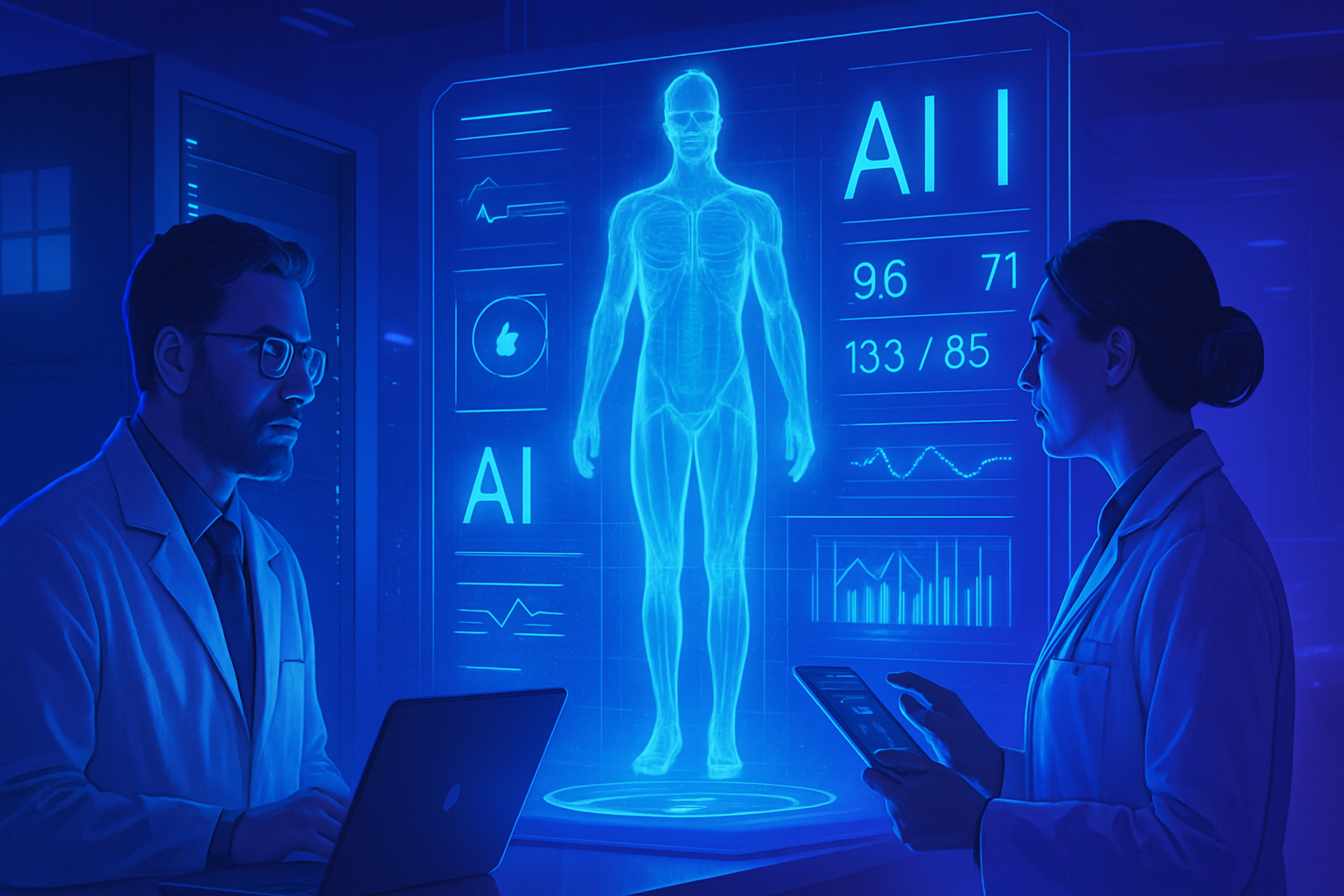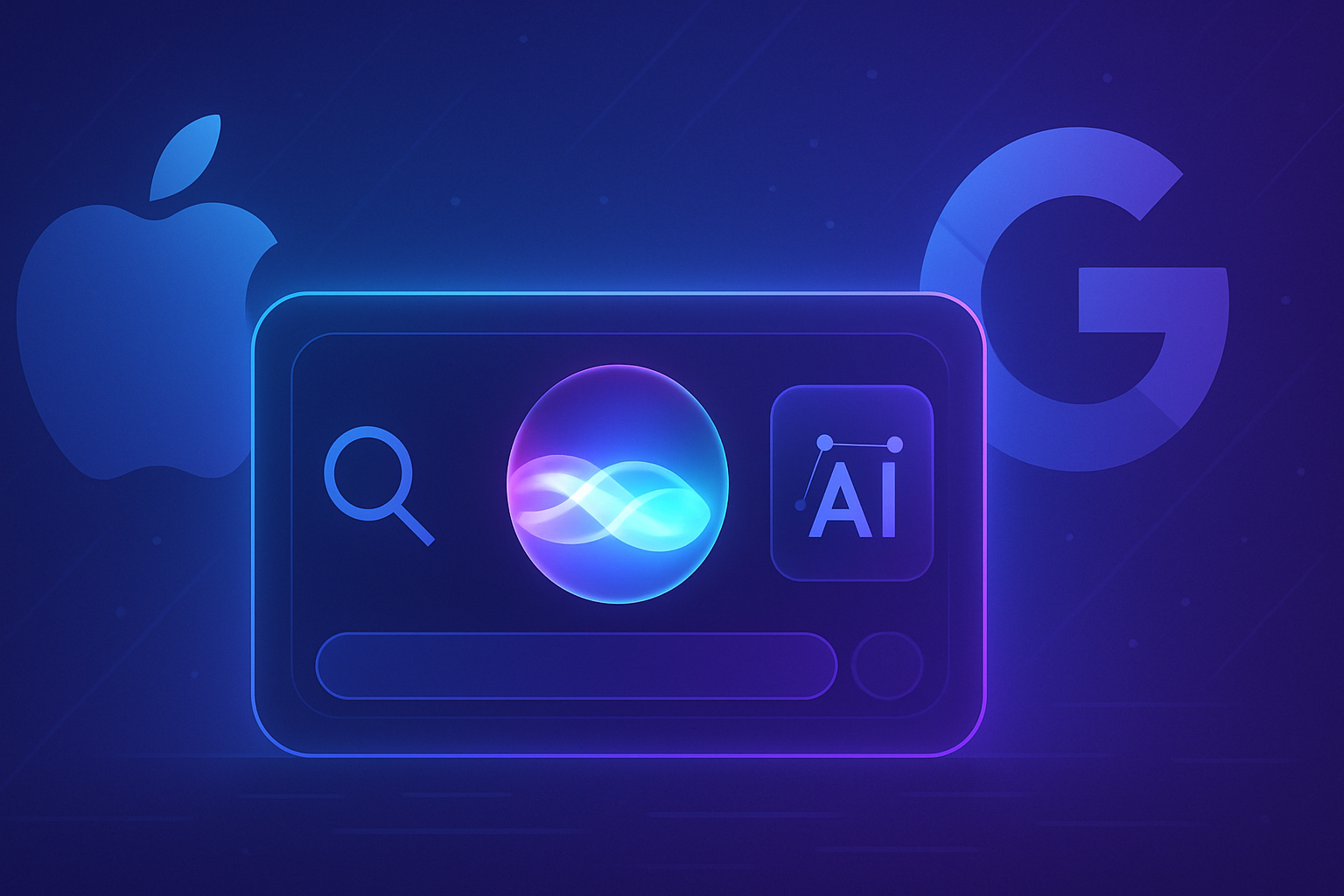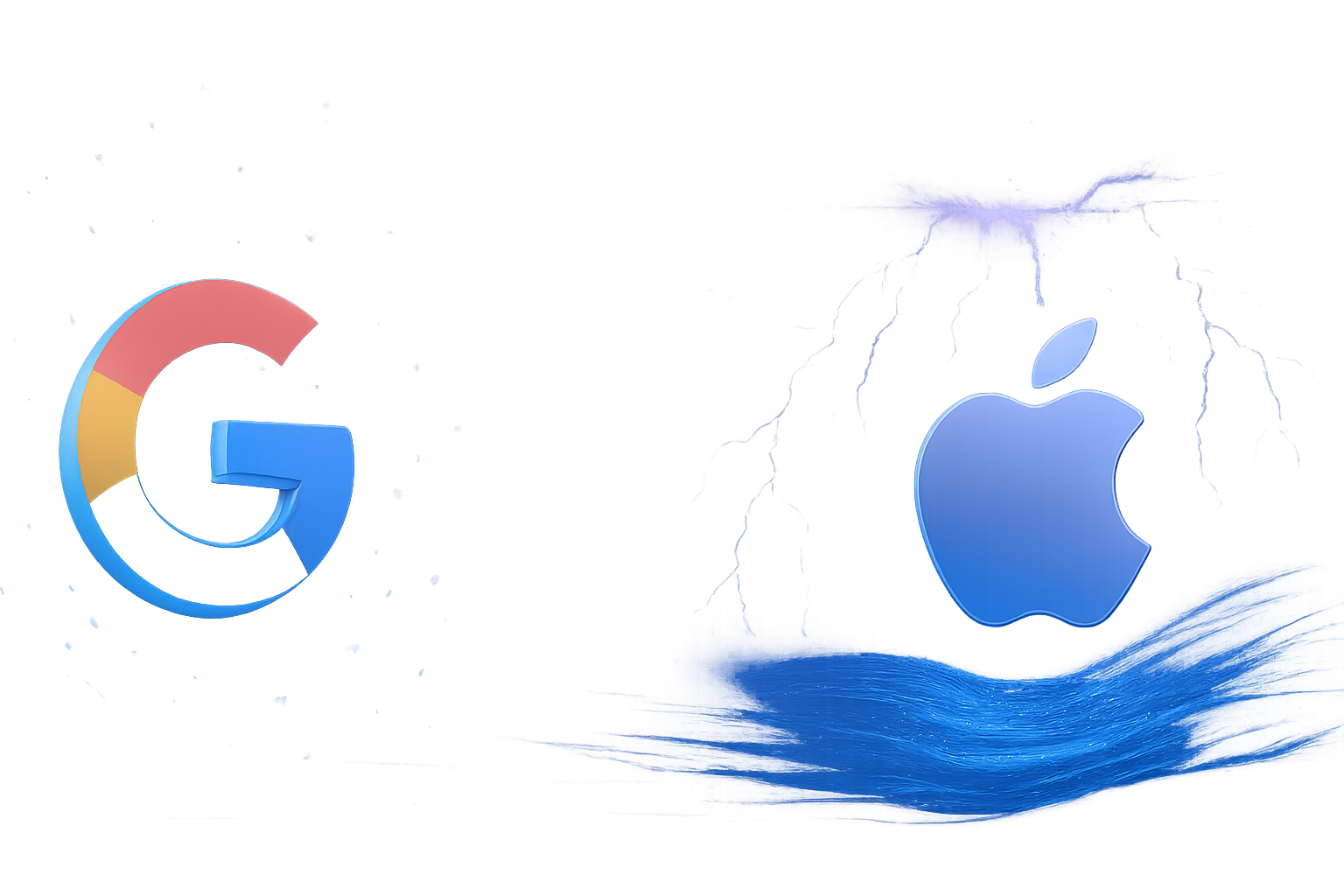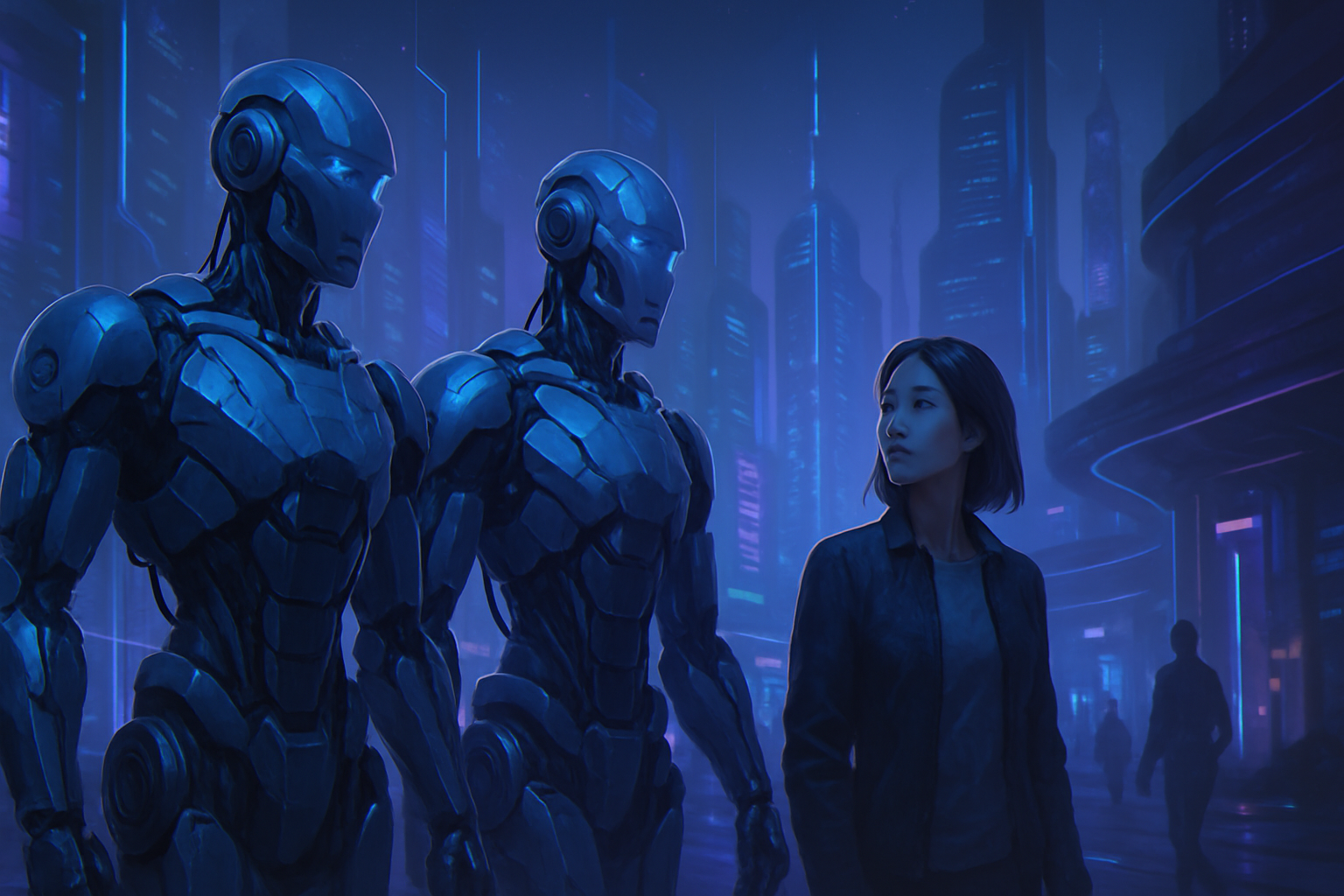Microsoft announces an unprecedented advance in the medical field: artificial intelligence diagnosing with greater accuracy than that of doctors. This advancement reflects a groundbreaking dynamic in the relationship between technology and medical practice. The issues addressed raise profound questions about the future of healthcare. The tool surpasses diagnostic experts, highlighting the potential for substantial savings for the sector. _The question arises: what place for humans in the face of such technological innovation?_
Precision of Medical Diagnostics
Microsoft recently revealed that its new AI tool, the Microsoft AI Diagnostic Orchestrator, significantly outperforms doctors in terms of diagnostic precision. In an evaluation, this tool diagnosed cases with an accuracy four times higher than that of a group of experienced doctors. Such a result raises questions about the future of medical practice.
Comparative Study with Doctors
As part of this study, 304 cases exhumed from the New England Journal of Medicine were submitted to the AI as well as a group of 21 doctors from the United States and the United Kingdom. The practitioners, whose experience ranged from five to twenty years, achieved an average success rate of only 20% in their diagnoses. In contrast, the AI achieved a success rate of 85.5% when combined with language models from companies such as OpenAI and Meta.
Cost of Medical Diagnostics
Microsoft also highlighted the economic aspect of its system. The AI solves cases in a more cost-effective manner than its human counterparts, potentially contributing to reduced healthcare costs. A portion of healthcare spending in the United States is estimated to be 25% wasted, and AI tools like this could play a decisive role in addressing this situation.
Evolution of the Role of Doctors
Microsoft stated that AI should be viewed as a complement to doctors and other healthcare professionals. The clinical roles of practitioners will not be limited to making diagnoses, but will evolve to include managing ambiguity and establishing trust with patients and their families. Doctors will face increasing challenges related to the coexistence of AI in the medical field.
Reactions from the Medical Sector
Prominent figures in the sector, such as Dr. Shravan Verma, have expressed reservations about the idea that AI would replace clinicians. It is emphasized that artificial intelligence cannot replicate the empathy, physical presence, and nuanced judgment of doctors, especially in complex situations. Even if chatbots can initiate care, they must turn to qualified professionals when necessary.
Future Perspectives
This advancement raises a vital question about the future of healthcare. An increasing number of experts, including technology leaders like Bill Gates, firmly believe that AI could mitigate the problem of physician shortages. Such a situation could not only enhance medical intelligence but also improve access to care in general.
The implications of such tools in healthcare are vast. Decisions regarding their integration into medical practices will need to be carefully examined, as AI continues to radically transform the sector’s landscape.
Frequently Asked Questions
What is the accuracy of Microsoft’s medical AI tool compared to doctors?
According to Microsoft, their artificial intelligence system diagnoses cases with an accuracy four times higher than that of experienced doctors during a test.
How did Microsoft assess the performance of its AI compared to that of doctors?
Microsoft conducted a study with 304 medical cases, where both the AI and doctors approached diagnoses similarly, ordering tests and narrowing possibilities.
What language models are used in conjunction with Microsoft’s AI tool?
Microsoft’s AI is paired with advanced language models from companies like OpenAI, Meta, Anthropic, and Google to enhance its diagnostic effectiveness.
What are the financial implications of using AI in medical diagnosis?
Microsoft claims that its AI system can resolve cases in a more cost-effective manner, suggesting a potential for reducing unnecessary costs in the American healthcare system.
What types of cases were evaluated in Microsoft’s study on medical AI?
The cases used in the study were among the most diagnostically complex that doctors may encounter, according to Microsoft’s statements.
Will Microsoft’s AI replace doctors in the future?
Microsoft clarifies that its AI is designed to complement doctors rather than replace them, emphasizing the importance of human skills such as empathy and judgment in uncertain contexts.
What ethical challenges does the increasing use of AI in medicine raise?
The integration of AI into healthcare raises ethical questions regarding the automation of diagnostics and the role of doctors, notably concerning patient trust.
What are the limitations of AI in the medical sector according to Microsoft?
Microsoft indicates that despite advances in AI, the clinical roles of doctors are broader and require interpersonal skills that AI cannot provide.






